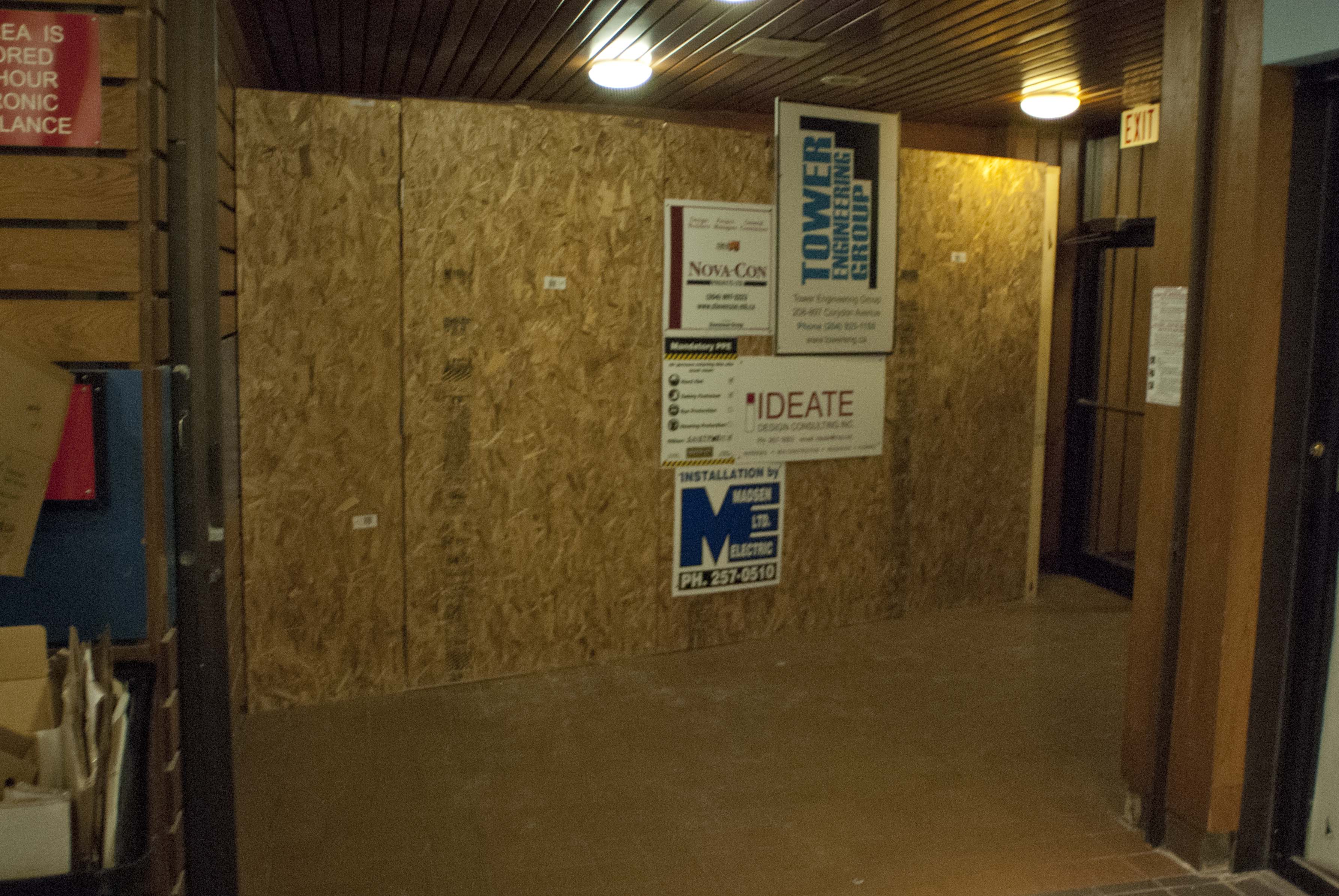Premier Greg Selinger gave the opening address at this year’s University of Manitoba political studies students’ conference this past week, focusing on Manitoba as an actor in the international community.
Selinger’s talk focused on the province’s role in international relations, explaining the framework and overall strategy of how the provincial government relates to the rest of the world.
“We have to be proactive. We have to be engaging with other parts of the world and forging relationships which advance our interests, defend our interests or some combination of those things.”
Selinger noted that Manitoba has always been a province that was linked to the rest of world from the very earliest days of the fur trade.
“We’ve always been imbedded in an international context, consciously and unconsciously, but it’s always been a part of who we are, from the very earliest days,” said Selinger.
He then moved into the global challenges that the province now faces operating on a global context.
“In that context, the national level doesn’t really do everything anymore and never really has,” said Selinger.
He said the province has its own responsibility to forge international relationships, explaining that these relationships help move the province forward on an international level.
While international trade is a federal responsibility, Selinger noted that when the country enters into an agreement with an international organization such as the United Nations, it impacts provincial jurisdiction.
“There has to be cooperation and support from the provincial jurisdictions to implement those agreements,” said Selinger.
“For example, if you take a look at the recent ratification process of the UN convention on rights for persons with disabilities — that recently came to cabinet and we had to take a look at how we would support the implifications of the convention.”
“Better decisions as a whole are made when there’s engagement between the provincial levels of government and the federal levels of government.”
Selinger also touched on his experience at the Copenhagen conference on climate change, where the province signed a new agreement with southern Australia and Wisconsin on climate change initiatives.
Organizers of the conference were pleased to have Selinger there to give the keynote address.
“Obviously the topic is a Manitoba focus. I think the framework that he was able to set out by being the first speaker [ . . . ] made a lot of sense,” said Jeff Kehler, co-chair of the political studies students’ conference organizing committee.
“One sort of justification was that we thought that [ . . . ] Manitoba is going to be more of an international actor than it is, or at least maintain what it does now [ . . . ] It would be good to let everyone know how [the premier] felt about that,” said Ben Kolisnyk, co-chair of the organizing committee on choosing Selinger as the keynote speaker.
Kehler thought Selinger’s speech was much more frank than one usually gets from a government official.
“Usually they give kind of puff points. He addressed real issues and he brought up real challenges for Manitoba, which is something you don’t usually get from political figures.”



